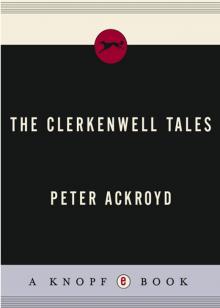 The Clerkenwell Tales
The Clerkenwell Tales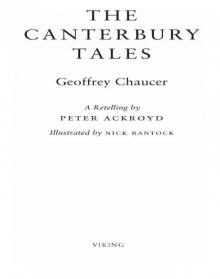 The Canterbury Tales
The Canterbury Tales J. M. W. Turner
J. M. W. Turner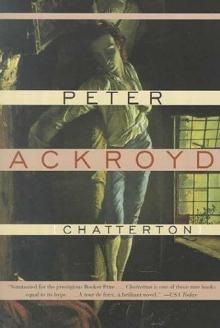 Chatterton
Chatterton The Canterbury Tales – A Retelling
The Canterbury Tales – A Retelling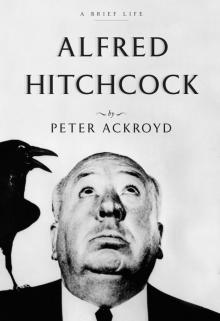 Alfred Hitchcock
Alfred Hitchcock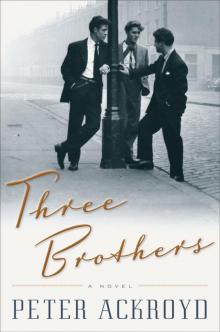 Three Brothers
Three Brothers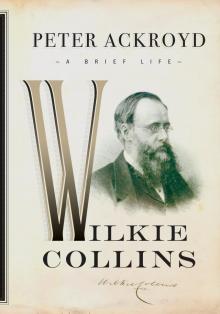 Wilkie Collins
Wilkie Collins Venice
Venice Poe
Poe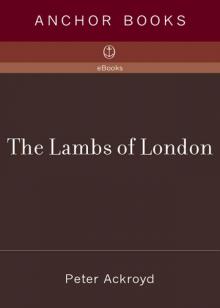 The Lambs of London
The Lambs of London London
London Queer City
Queer City Revolution, a History of England, Volume 4
Revolution, a History of England, Volume 4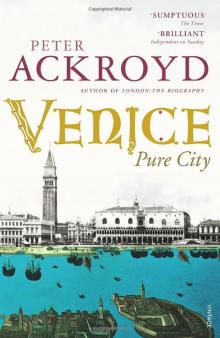 Venice: Pure City
Venice: Pure City Foundation
Foundation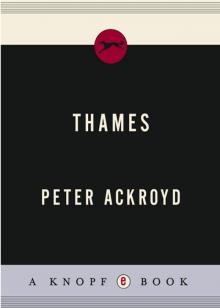 Thames
Thames The Plato Papers
The Plato Papers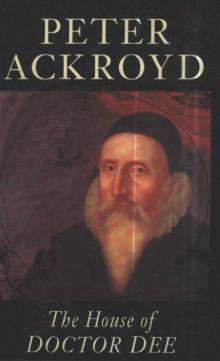 The house of Doctor Dee
The house of Doctor Dee Rebellion: The History of England from James I to the Glorious Revolution
Rebellion: The History of England from James I to the Glorious Revolution Albion: The Origins of the English Imagination
Albion: The Origins of the English Imagination The Fall of Troy
The Fall of Troy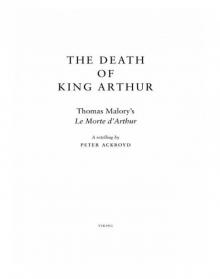 The Death of King Arthur
The Death of King Arthur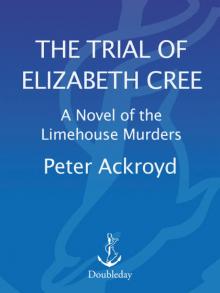 The Trial of Elizabeth Cree
The Trial of Elizabeth Cree London: The Biography
London: The Biography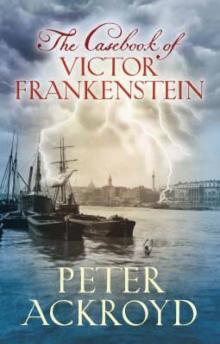 The Casebook of Victor Frankenstein
The Casebook of Victor Frankenstein Hawksmoor
Hawksmoor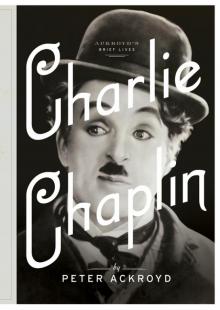 Charlie Chaplin
Charlie Chaplin London Under
London Under